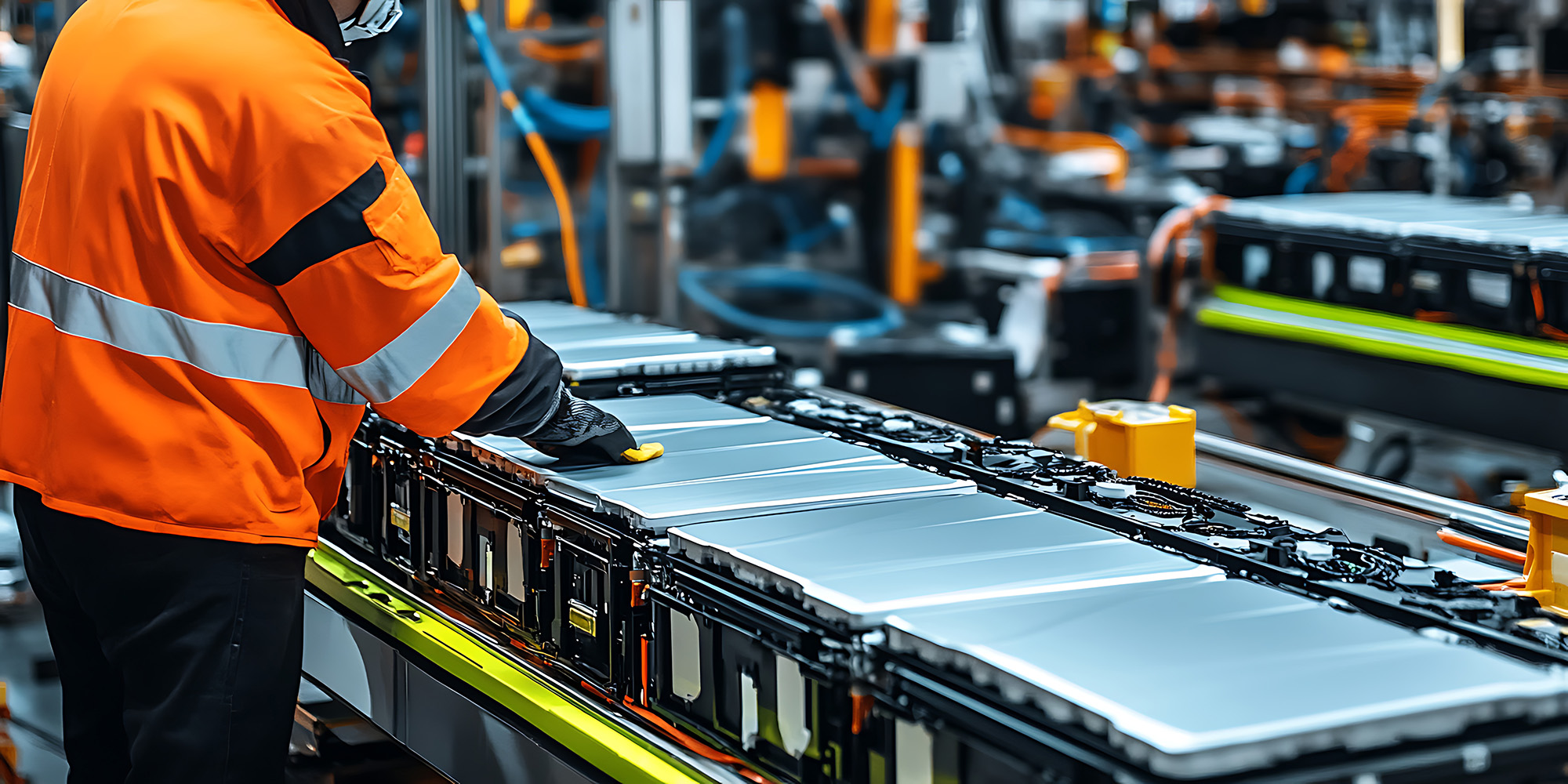Hydrometallurgy
FE is offering tailor-made solutions for wastewater treatment of CAM/pCAM preparation processes and black mass recycling plants.
Home > Industries > Hydrometallurgy

Wastewater treatment for CAM/pCAM preparation
FE designs Zero or Minimal Liquid Discharge, ZLD / MLD, units to treat aqueous effluents with sodium sulphate, ammonia, NMC, and other impurities that are respectively recovered as anhydrous Na2SO4 crystals, an ammonia solution (up to 15 wt%) or an ammonium sulphate solution (30 – 40 wt%), and a solid cake containing the NMC and the impurities.
The condensates generated during the evaporation and crystallization can be further treated with reverse osmosis and EDI units, integrated by FE, to produce ultrapure water necessary for CAM / pCAM preparation.
In parallel to the Precursor-linked evaporative system, FE is also supplying wastewater treatment for the processing of the effluent generated by the lithium calciners, which contain both lithium and sodium sulphates along with NMC in hydroxide form.
Black Mass Recycling
Black mass is the active material powder obtained from spent lithium-ion batteries and its recycling plays an important role in the circular economy. The demand for batteries surges in low-carbon industries and by efficiently recycling black mass we are not only reducing waste but also reducing the reliance on raw material supply.
At FE we propose advanced hydrometallurgical solutions to recover high-value minerals from black mass. Through selective crystallization of NMC (Nickel, Manganese, and Cobalt), battery-grade Lithium (LHM), and sodium sulfate (Na2SO4), we are offering a reliable pathway to retrieve these critical resources for re-use in the battery manufacturing industry.
With in-house lab experiments we can tailor our processes depending on the composition of the black mass to provide maximum purity, optimal process and energy efficiency, and minimized capital and operational costs.
Mining
FE develops complete thermal solutions for production processes in the mining and metallurgical industries. FE’s evaporation and crystallization systems allow the production of pure minerals, the recovery of by-products, and wastewater treatment.
Lithium
Lithium can be primarily produced either from brines (geothermal brines, continental brines, etc.), or from minerals (spodumene, lepidolite, etc.). Production of pure lithium compounds from both sources involve technologies mastered by FE: evaporation, crystallization, and precipitation. FE also integrates complementary technologies in its units including filtration systems, ion exchange resins, and drying of the crystals.
The lithium crystallization stages may come downstream a Direct Lithium Extraction unit. This DLE process is a complementary technology mastered by an FE reputable partner, world leader in this field.
At FE, we design turnkey solutions allowing the production of lithium chloride, lithium hydroxide, and lithium carbonate through evaporation and crystallization. Production of lithium hydroxide can also be the result of a conversion of lithium carbonate.
Refining
Among all the products involved in the lithium battery production, other metal salts are also key products, such as Nickel, Cobalt, Manganese and Copper in sulfate or hydroxide forms. To meet battery-grade level of purity, crystallization process is often the solution to reach the required target.
Furthermore, other by-products will go through evaporative crystallization. Sodium sulfate, potassium sulfate, potassium chloride or sodium chloride are typical salts for which FE can integrate dedicated crystallizers to provide a global answer.